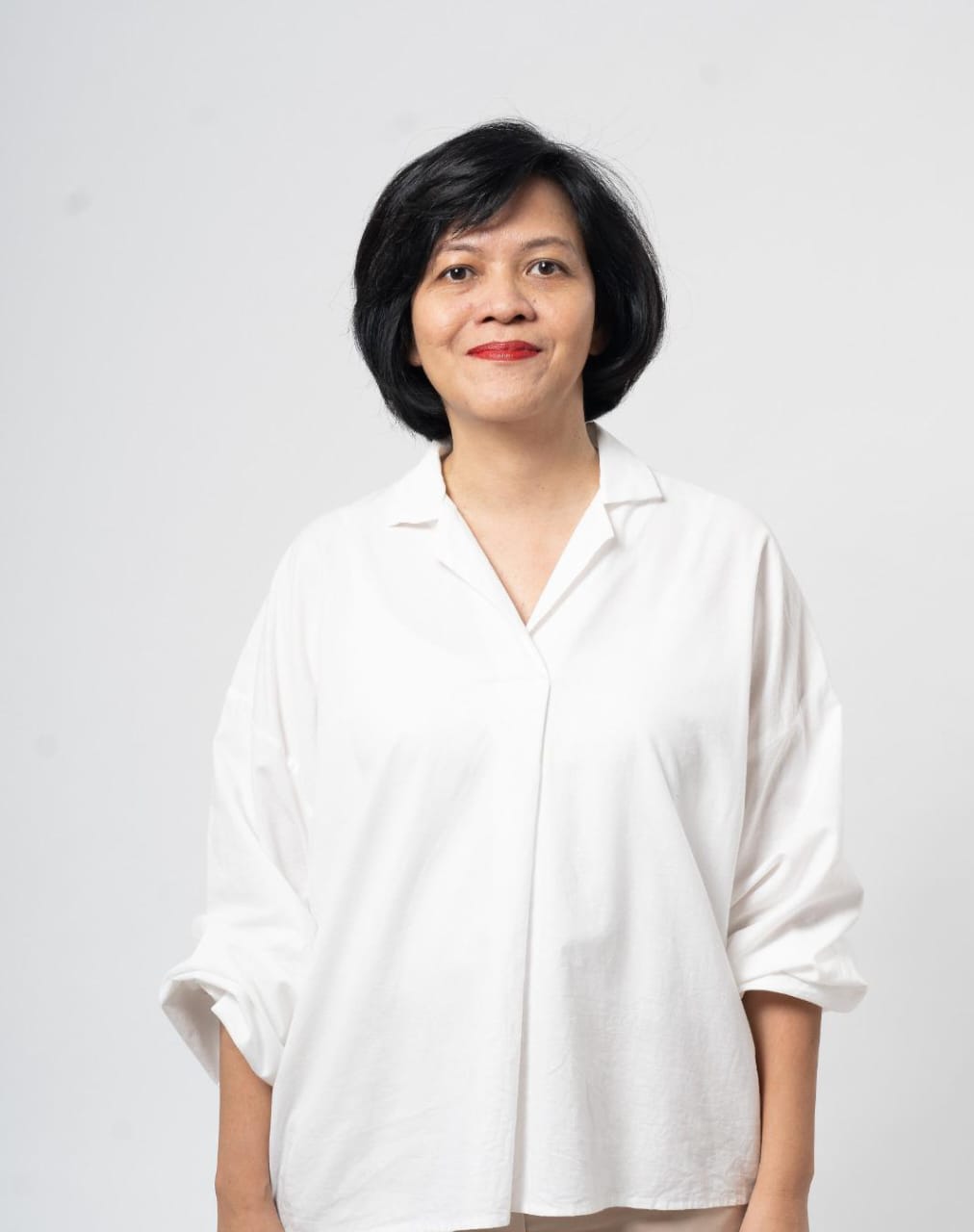Depok, July 4th 2023. Women’s participation in Indonesian politics after the 1998 reformation has undergone significant changes. A minimum quota of 30% for women in the management of political parties, election management bodies, and candidacy for members of the legislative members has been implemented in Indonesia, but the target of women’s representation in political institutions has not been fully achieved. This became the topic of discussion in a public discussion organized by the Center for Politics Studies (Puskapol) Faculty of Social and Political Sciences (FISIP) Universitas Indonesia (UI) entitled “25 Years of Reform: Quo Vadis Women’s Political Representation?” last Tuesday (20/6).
The Director of Puskapol FISIP UI, Hurriyah, S.Sos, IMAS., said that the discussion regarding women’s political representation in Indonesia was very much related to Indonesia’s journey in carrying out political reforms. “Compared to the ASEAN level, Indonesia ranks fifth out of eleven other countries with a percentage of 21%, and this is the figure in parliament alone. However, if you look further, it turns out that there are conditions that show a big gap,” said Hurriyah.
She explained that women’s representation at regional level in Indonesia was only around 16% in 2021. This figure is smaller than Laos, which reached 32% and Vietnam with 29%. Hurriyah, who is also a lecturer at FISIP UI, said that ASEAN countries have similarities, namely the quota policy factor that plays a significant role in encouraging an increase in resilience for women’s political representation.
Meanwhile, according to the Chairperson of the Indonesian Women’s Parliamentary Caucus (KPP RI) Diah Pitaloka, S.Sos, M.Si, the rule must be observed as a commitment to the implementation of laws, which are then adapted in various regulations. “I’m worried that people are a bit skeptical, tired, and indifferent of democratic narratives, but are more into practical narratives. Politics have become very practical. In my opinion, it must be scrutinized before starting a discussion on the progress of affirmative action,” he said.
Diah explained that an interesting affirmative action is a narrative that is not only fought for but also passed on to new generations, as each generation has its own perspective and concern for different issues.
As quoted from dpr.go.id, the affirmative action policy towards women in the political field after the amendment to the 1945 Constitution came into effect, began with the passage of Law Number 12 2Year 2003 concerning General Election for the DPR, DPD and DPRD Members. From time to time, affirmative action for women in the political field has been perfected. A deeper enactment of this affirmative action is the implementation of the zipper system.
In this online discussion, also present as a speaker was Member of the Republic of Indonesia KPU for the 2012-2017 period Dr. Ida Budhiati, S.H., M.H., and Member of the RI Bawaslu for the 2008-2012 period Wahidah Suaib. This discussion can be viewed again at the following link https://www.youtube.com/watch? v=0J-oETWKCmM&t=907s.



